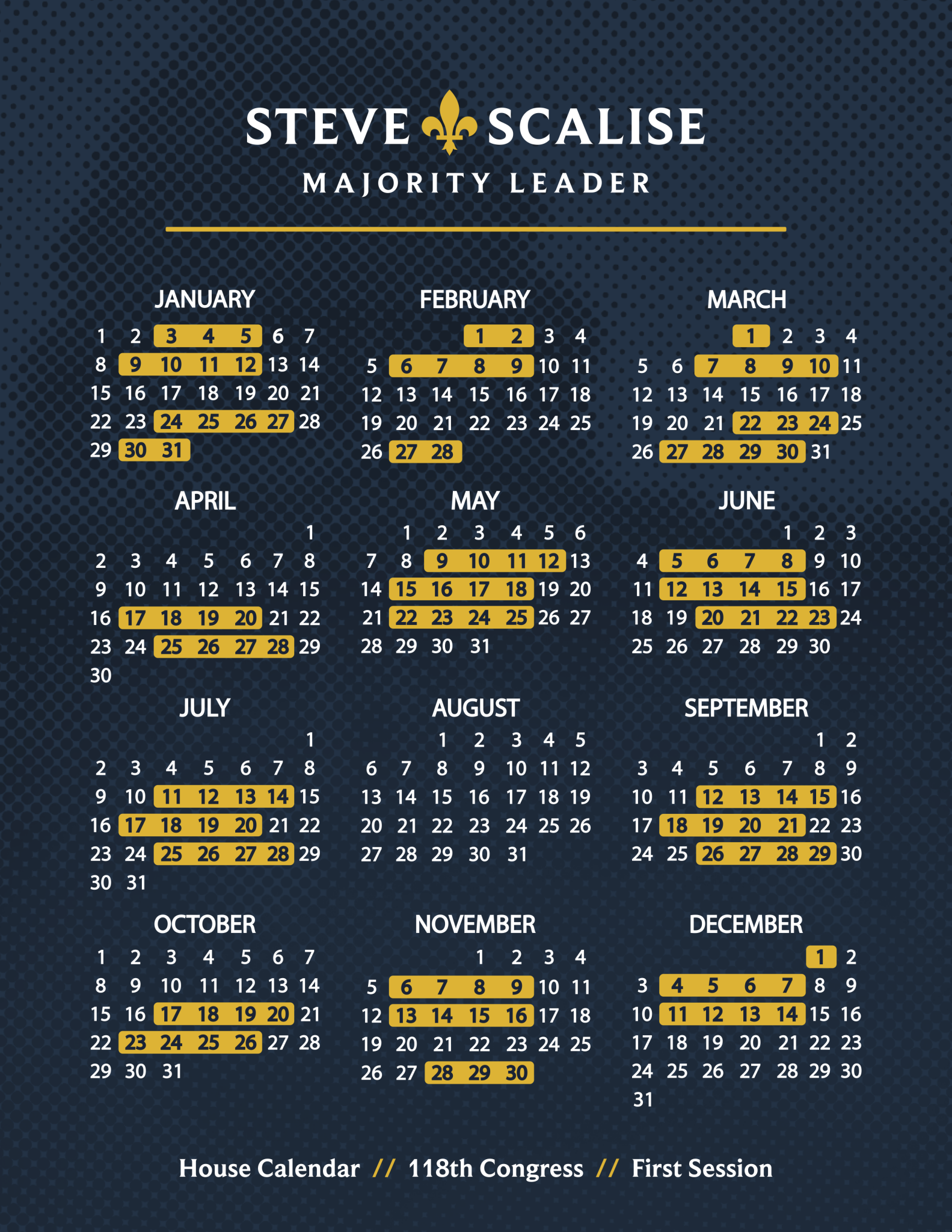Table Of Content

House minority leaders also hold joint news conferences and consult with their counterparts in the Senate—and with the president if their party controls the White House. The overall objectives are to develop a coordinated communications strategy, to share ideas and information, and to present a united front on issues. Minority leaders also make floor speeches and close debate on major issues before the House; they deliver addresses in diverse forums across the country, and they write books or articles that highlight minority party goals and achievements. They must also be prepared "to debate on the floor, ad lib, no notes, on a moment's notice," remarked Minority Leader Michel.[43] In brief, minority leaders are key strategists in developing and promoting the party's agenda and in outlining ways to neutralize the opposition's arguments and proposals. Starting with Republican Nicholas Longworth in 1925 and continuing until 1995, all majority leaders have directly ascended to the Speakership after the incumbent surrenders the position. In the instance when the presidency and both Houses of Congress are controlled by one party, the speaker normally takes a low profile and defers to the president.
Rep. Mike Johnson
House Republicans' Late Spending Plan Met With Democrats’ Criticism - CT News Junkie
House Republicans' Late Spending Plan Met With Democrats’ Criticism.
Posted: Thu, 25 Apr 2024 16:30:00 GMT [source]
Third parties rarely have had enough members to elect their own leadership, and independents will generally join one of the larger party organizations to receive committee assignments. Now McCarthy is in the fight of his political life as he again seeks the speakership. He won the party’s internal leadership elections, dispatching a challenge from the far right.
The Role of the House Majority Leader: An Overview
For the stages through which bills pass in the Senate, see Act of Congress. One example of a provision repeatedly supported by the House but blocked by the Senate was the Wilmot Proviso, which sought to ban slavery in the land gained during the Mexican–American War. Conflict over slavery and other issues persisted until the Civil War (1861–1865), which began soon after several southern states attempted to secede from the Union. The war culminated in the South's defeat and in the abolition of slavery. All southern senators except Andrew Johnson resigned their seats at the beginning of the war, and therefore the Senate did not hold the balance of power between North and South during the war. The House began work on April 1, 1789, when it achieved a quorum for the first time.
Resources for National History Day
Five activities illustrate how minority leaders seek to accomplish this primary goal. Under Rule XIII, clause 6, the Rules Committee may not (except in certain specified circumstances) issue a "rule" that prevents the minority leader or a designee from offering a motion to recommit with instructions. Since Snell's description, other responsibilities have been added to the job.
Origin of the post
In February, Senator Murray joined her colleagues in passing a bipartisan national security supplemental, without border policy and funding provisions, by a vote of 70-29; in terms of funding, the House-passed supplemental is materially identical to the Senate supplemental in nearly every way. The Constitution provides that the House may choose its own speaker.[50] Although not explicitly required by the Constitution, every speaker has been a member of the House. The Constitution does not specify the duties and powers of the speaker, which are instead regulated by the rules and customs of the House. Speakers have a role both as a leader of the House and the leader of their party (which need not be the majority party; theoretically, a member of the minority party could be elected as speaker with the support of a fraction of members of the majority party). Under the Presidential Succession Act (1947), the speaker is second in the line of presidential succession after the vice president.

How many members are in the House of Representatives?
During debates, a member may speak only if called upon by the presiding officer. The presiding officer decides which members to recognize, and can therefore control the course of debate.[62] All speeches must be addressed to the presiding officer, using the words "Mr. Speaker" or "Madam Speaker". Only the presiding officer may be directly addressed in speeches; other members must be referred to in the third person. In most cases, members do not refer to each other only by name, but also by state, using forms such as "the gentleman from Virginia", "the distinguished gentlewoman from California", or "my distinguished friend from Alabama". Representatives and delegates serve for two-year terms, while a resident commissioner (a kind of delegate) serves for four years.
Hoyer Statement on House Select Committee on the Modernization of Congress' Final Report
The speaker, committee chairs, and some other officials are generally from the majority party; they have counterparts (for instance, the "ranking members" of committees) in the minority party. The states of Washington and California use a similar (though not identical) system to that used by Louisiana. The 52-year-old Wyoming lawmaker assumes the No. 3 House GOP leadership post more than three decades after it was once held by her father, former Vice President Dick Cheney. She's the highest-ranking woman in GOP leadership, and assumed the position after Washington Rep. Cathy McMorris Rodgers decided not to seek another term in the party's leadership ranks. The political scion was first elected in 2016 and didn't make much noise during her first term, but now she could become one of the GOP's most visible faces, especially as Republicans try to counter a large number of new freshmen women Democrats. Before members are assigned to committees, each committee’s size and the proportion of Republicans to Democrats must be decided by the party leaders.
Find Your Representative
The purposes of obstruction are several, such as frustrating the majority party's ability to govern or attracting press and media attention to the alleged ineffectiveness of the majority party. "We know how to delay," remarked Minority Leader Gephardt.[40] Dilatory motions to adjourn, appeals of the presiding officer's ruling, or numerous requests for roll call votes are standard time-consuming parliamentary tactics. By stalling action on the majority party's agenda, the minority leader may be able to launch a campaign against a "do-nothing Congress" and convince enough voters to put his party back in charge of the House. To be sure, the minority leader recognizes that "going negative" carries risks and may not be a winning strategy if his party fails to offer policy alternatives that appeal to broad segments of the general public. In addition, the minority leader has a number of other institutional functions.
After the conference chair, there are differences between each party's subsequent leadership ranks. After the Democratic caucus chair is the campaign committee chair (Democratic Congressional Campaign Committee), then the co-chairs of the Steering Committee. For the Republicans it is the chair of the House Republican Policy Committee, followed by the campaign committee chairman (styled as the National Republican Congressional Committee). The party with a majority of seats in the House is known as the majority party.
Informally, the minority leader maintains ties with majority party leaders to learn about the schedule and other House matters and forges agreements or understandings with them insofar as feasible. The assistant majority leader and assistant minority leader of the House, commonly called whips, are the second-ranking members of each party's leadership. The main function of the majority and minority whips is to gather votes of their respective parties on major issues. The rules of the House generally address a two-party system, with a majority party in government, and a minority party in opposition.
McCarthy will become House Speaker when the new Republican-majority House convenes in January. In his November letter, Jeffries called winning back the House majority “our top non-governmental priority”. In an interview with The Atlantic, for example, Jeffries said he would never “bend the knee to hard-left democratic socialism”.















